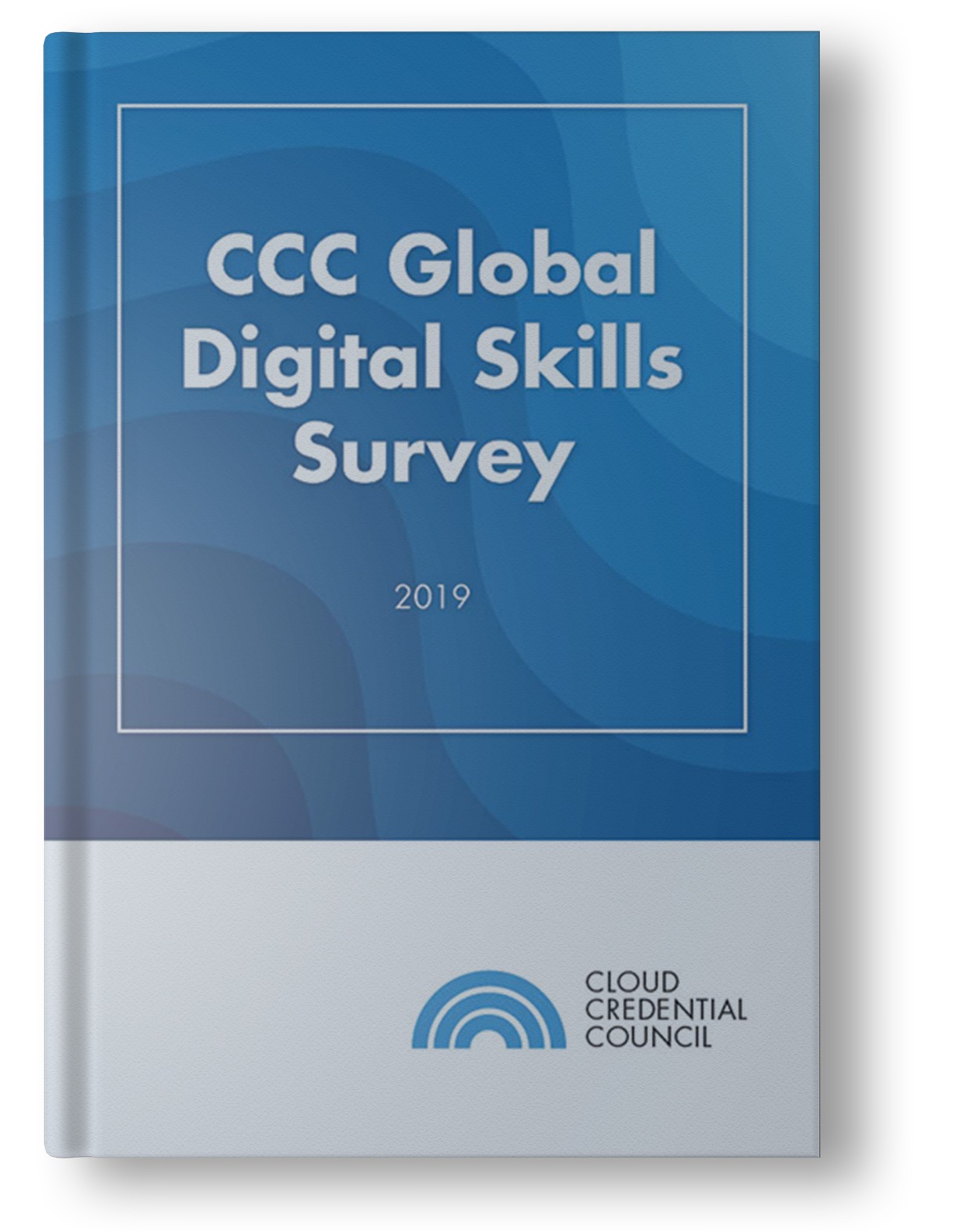Organizations And IT Professionals Don’t Know What They Don’t Know

Mark O'Loughlin

Our Global Digital Skills Survey 2019 report identifies three critical and eight key findings. The analysis covers cultural, individual, and organizational readiness for the changes which are being brought about through the impact of digital.
In this blog, I am focusing on the following critical finding:
Organizations And IT Professionals Don’t Know What They Don’t Know
Ask ten people what digital is and you will receive back ten different answers. Ask ten people for a good working definition of digital and they will struggle to provide a common definition or theme.
Do you think this is a good position to be in? I think we all know the answer. It is not.
How can any organization really take advantage of the latest in digital technologies when they don’t understand the basics and context of these technologies?
Cloud and digital technologies such as IoT, Big Data, Blockchain and Artificial Intelligence (AI) use modern technology, provided under different business models to that of traditional IT in the past.
These new business models change the way an organization (1) procures, (2) consumes, (3) manages, and (4) maintains cloud and digital services. Therefore, any organization must make changes to itself and to its staff in order to get the benefits and outcomes it seeks and requires from cloud and digital technologies.
Many organizations have yet to reach this level of realization, never mind achieve the internal change required.
How to achieve success
It is very clear from our overall research that many organizations across the globe are unaware of the significant gap they have in understanding what digital really is, what digital can deliver, and how to achieve success from digital strategies and the adoption of digital technologies.
This finding — that we don’t know what we don’t know — is startling.
How to get clarity
On a more upbeat note, here is a good suggestion. As a starting point to examine this phenomenon in your organization, consider asking the following questions. The consider the answers.
- How have we created a cloud and digital strategies without knowing the basic context of cloud or digital?
- Have we created strategies that are likely to succeed; or are they likely to fail?
- How do we expect our staff and management to execute and deliver our cloud and digital strategies successfully — especially when they cannot put these into a basic context?
- Will our cloud and digital strategies be successful from an organizational perspective?
- How do we address this significant gap/issue?
These simple questions provide a brief exploration into the reality within an organization. Go ask these questions and explore your reality within your organization. Find out what it is you, and your organization, don’t know. Turn these gaps from many disadvantages into many advantages.
To find out more information and to access helpful advice and guidance, download the CCC Global Digital Skills Survey 2019 Report.
The report identifies three critical and eight key findings. The analysis covers cultural, individual, and organizational readiness for the changes which are being brought about through the impact of digital.
The CCC Global Digital Skills Survey 2019 Report

About the Author
Mark O'Loughlin is the Managing Director of the CCC. Mark is internationally recognized as a global thought leader and published author in digital IT, cloud computing, DevOps, cloud service management, and IT Service Management.
Never miss an interesting article
Get our latest news, tutorials, guides, tips & deals delivered to your inbox.
Keep learning



